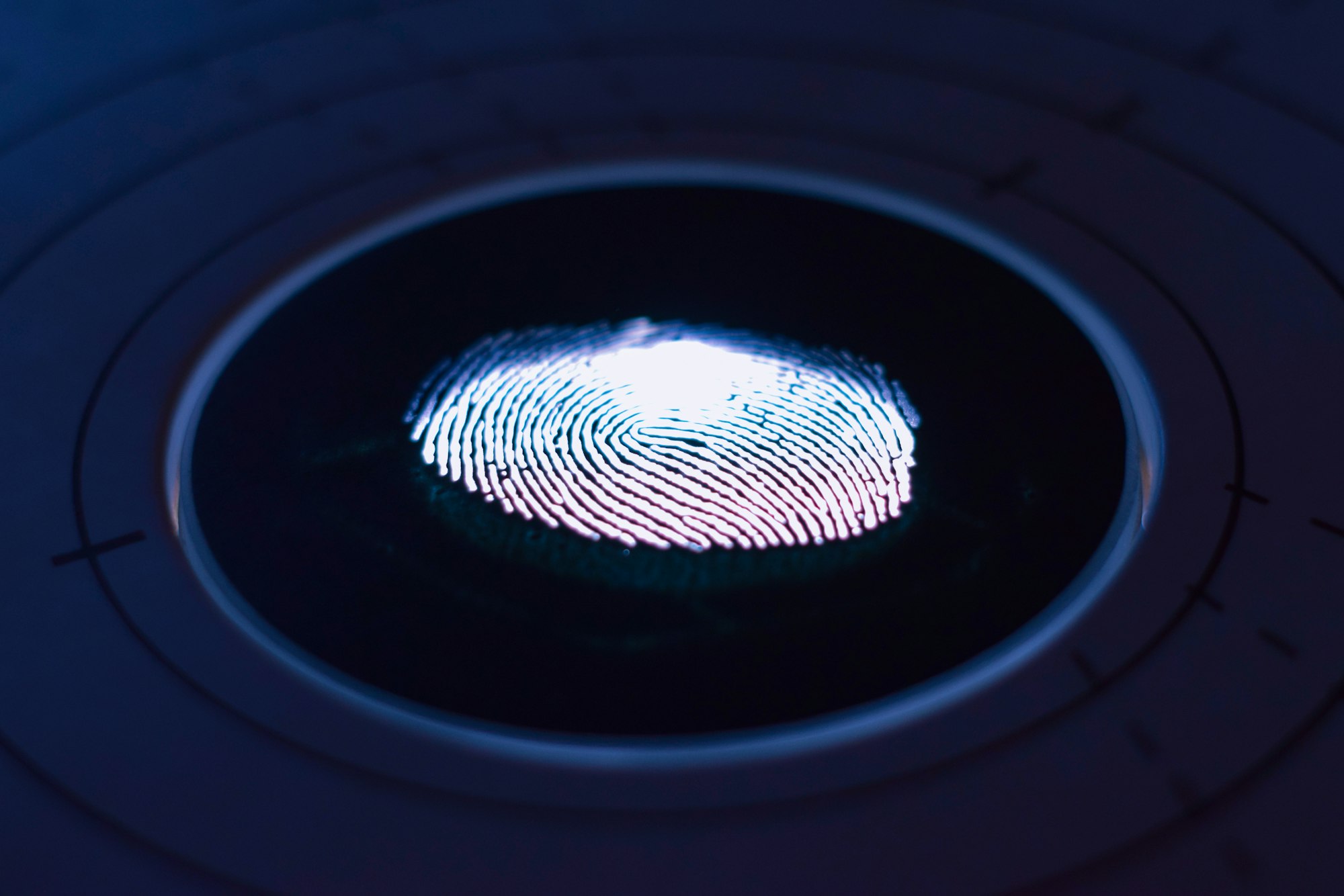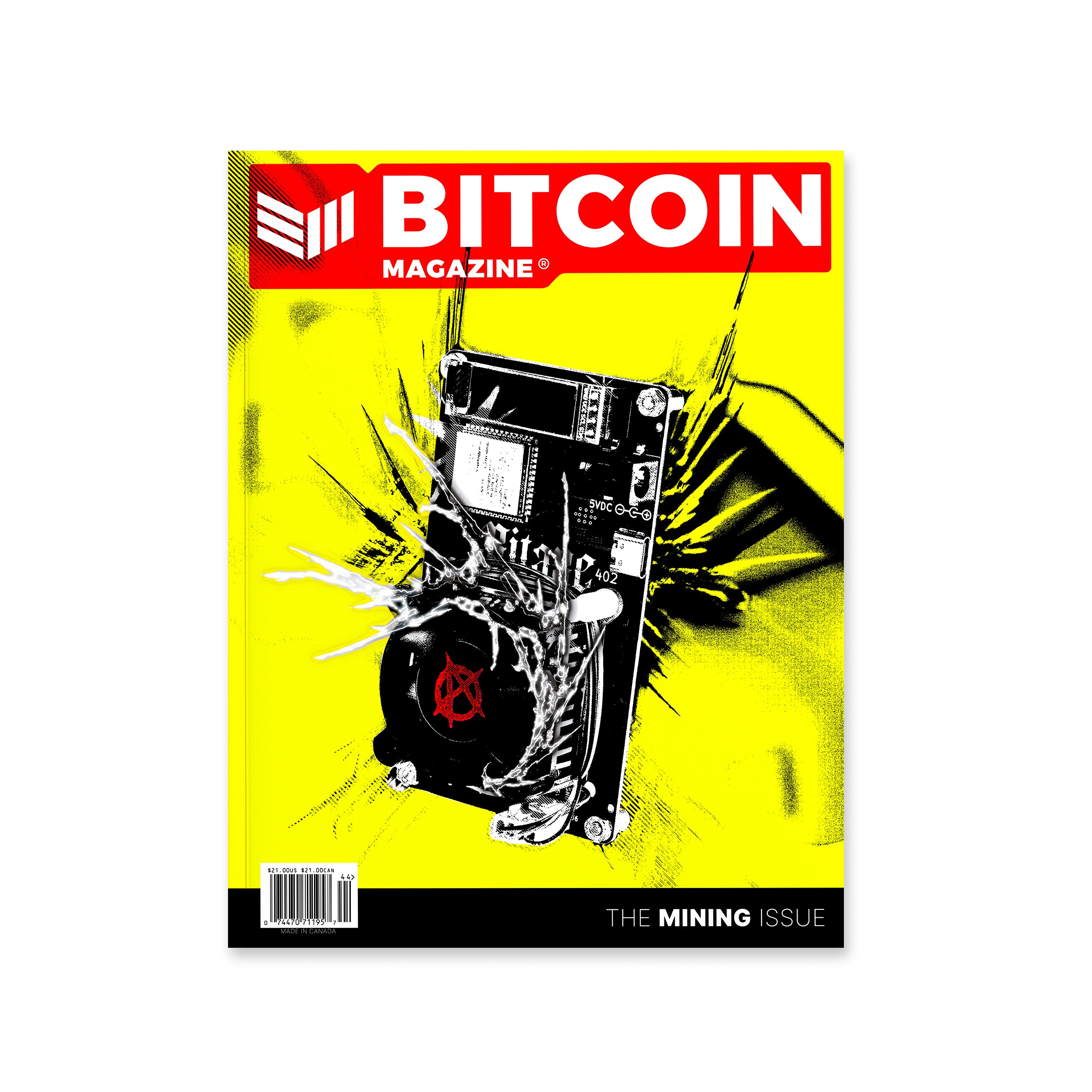Privacy On Trial At MIT Bitcoin Expo
Everything you need to know about the Samourai Wallet and Tornado Cash prosecutions as discussed at the MIT Bitcoin Expo.

On Saturday, Bitcoin Core developer Sjoors Provoost and Bitcoin Magazine political correspondent Frank Corva sat down for a chat about the ongoing prosecutions of Tornado Cash and Samourai Wallet developers.
Some of the questions raised appear to have been insufficiently answered, while others were arguably answered incorrectly. Below we go through the questions raised and present the facts as we perceive them.
"In the case of North Koreans, it was clear that they were using [Tornado Cash]."
This is actually a topic that has been debated in pre-trial hearings. In the beginning of the year, Chainalysis corrected attributions it made to North Korea, some of which allegedly ran through Tornado Cash.
Because there appears to be ambiguity on how these funds are attributed, I don't believe saying that it was "clear" that they used it is accurate. It is rather alleged that they used it, while we have no mechanism of control over how accurate these attributions actually are.
We covered this here:

"Do you think that there is a higher agenda that trickles down into these court cases to maintain Dollar sovereignty, looking at for example oil trade and sanctions?"
This question was raised by the audience, and in essence answered by the panelists as follows: sanctions and economic warfare are rather irrelevant to the prosecution of privacy services, as large transactions, even when ran through mixers, are still identifiable on the blockchain.
This assessment appears to be completely incorrect, as the entire point of mixers - at least on Bitcoin – is breaking down large UTXOs into a number of various smaller UTXOs. Unless a user accidentally consolidates the mixed UTXOs received, a mixer can, of course, obscure large transactions on chain.
Additionally, as an scholar familiar with anti-money laundering will likely tell you, the entire point of widespread financial surveillance as recommended by the Financial Action Task Force is the enforcement of sanctions. If the financial system would be truly private, sanctions would become unenforcable, and the US would lose the most lucrative mechanism to wage economic warfare in existence.
I cover this in my latest print article for Bitcoin Magazine, which you can purchase here:

"I've been surprised that institutions like the EFF have not gotten more involved in these cases. Have you tried to talk to them?"
Another question raised by the audience – unfortunately the palenists do not seem to be aware that the EFF did indeed file an amicus brief in the case of Tornado Cash developer Roman Storm, addressing the precise concern the audience member has about these cases trickling into undermining privacy in encrypted messaging.
The effects of these cases on privacy and open-source developers in general has been a recurring theme raised throughout the trials as frequently highlighted by CoinCenter and the DeFi Education Fund, but also in additional lawsuits, such as van Loon's suit against the Treasury's sanctioning of Tornado Cash software, as well as Michael Lewellen's lawsuit against the DOJ for the apparent criminalization of software development.
We cover the EFF's amicus brief here:

"Are there any prosecutions against the people who actually committed fraud using this software?"
Corva states that "the difficulty there is that because they are using something that mixes the coins it may be hard to tie stuff back to them." Again, that's not how mixers work, as any privacy protocol is only able to provide forward facing privacy. The sources from which funds are deposited into privacy software are ergo clearly identifiable.
The reality is that money laundering is the only crime that can only exist in connection with another crime that has been previously identified. For example, moving your money to an off-shore account can only be considered money laundering if the transaction involves, for example, a tax evasion. If there was no crime, there could be no money laundering charges.
Provoost accurately references the alleged use of North Korea's Lazarus Group of Tornado Cash, particularly the hack of Aixie Infinity's Ronin Bridge.
Both Samourai Wallet and Tornado Cash indictments reference additional incidents in which the DOJ is investigating, and in some cases has brought actions against, the individuals and groups responsible for the underlying crimes.
In the case of Tornado Cash, the indictment references hacked funds deposited into the service from "cryptocurrency-exchange-01" and "cryptocurrency-exchange-02", which the DOJ appears to be separately investigating.
The indictment against Samourai Wallet developers alleges that criminals used the service to launder BTC from the Russian darknet market Hydra Market. Hydra Market was shut down and its operator indicted by the DOJ in 2022.
Additionally, the indictment alleges that proceeds from Silk Road were laundered through Samourai Wallet in 2021. Ross Ulbricht, the alleged operator of Silk Road, was famously sentenced to two life times in prison before being pardoned by President Trump in the beginning of the year.
"Call to Action: What can you do?"
While Corva rightfully calls on the public to speak to legislators and educate law makers on the use of privacy technology on both state and federal levels, a Bill has been introduced to Congress that would protect developers from Government overreach, clarifying that non-custodial software developers do not fall under money service businesses.
The Bill, called the Blockchain Regulatory Certainty Act, was introduced by Rep. Tom Emmer in 2023. While it has been added to the House calendar, but no specific date for its debate has been set. Lobbying for the House to consider the Bill seems the most sensible action the public can take to protect developers today.
Independent journalism does not finance itself. If you enjoyed this article, please consider donating to our Geyser Fund.








